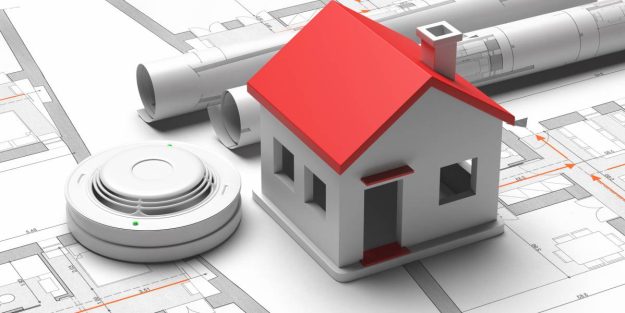Understanding Fire Protection Systems
Businesses investing in fire protection systems realize significant benefits when the systems perform as expected, reducing damage to the building, and its contents. Fire suppression systems, smoke detectors, and sprinkler systems are all types of fire protection systems that help with fire detection and protecting building occupants and equipment. Read on to learn more. Understanding…



